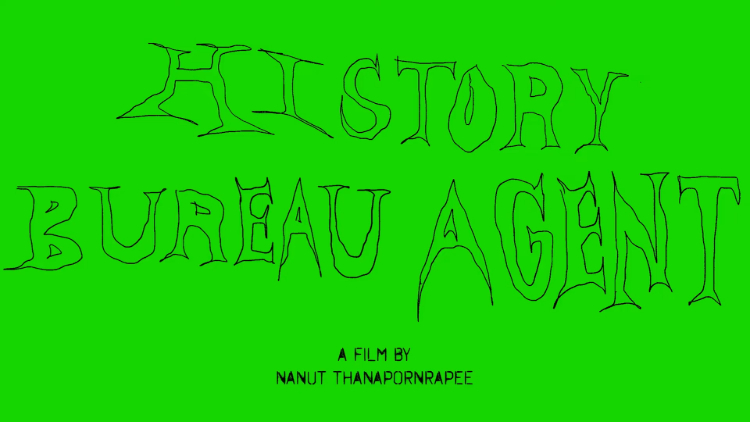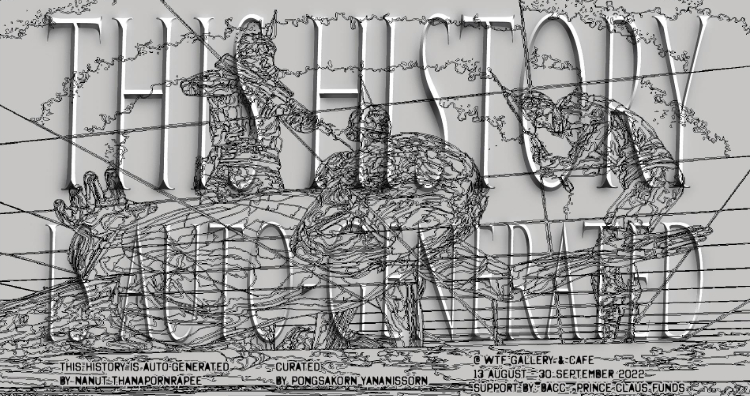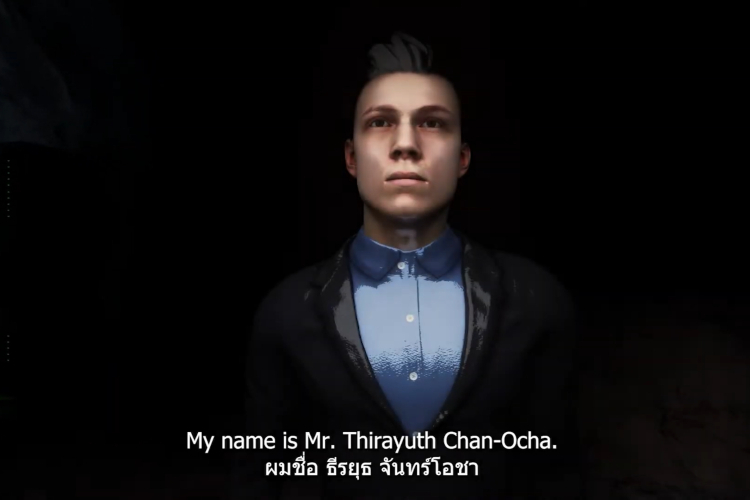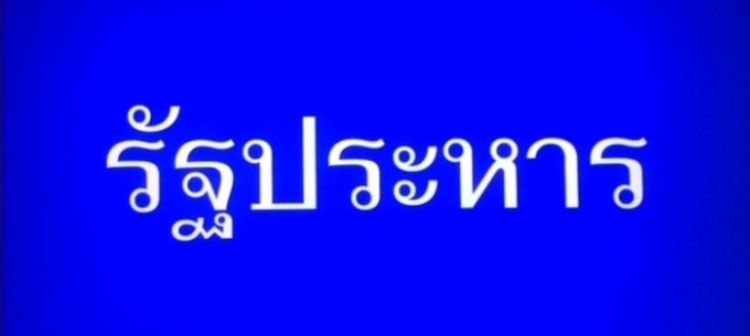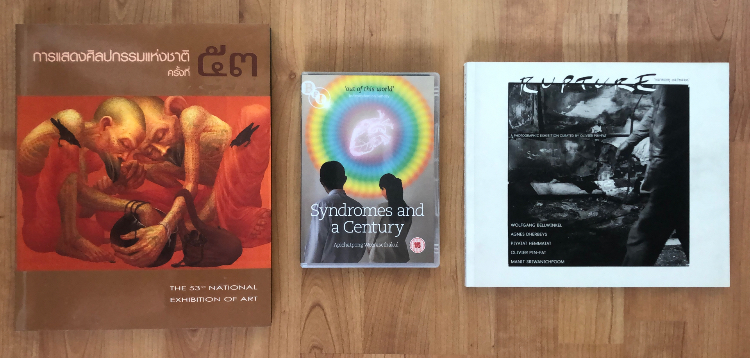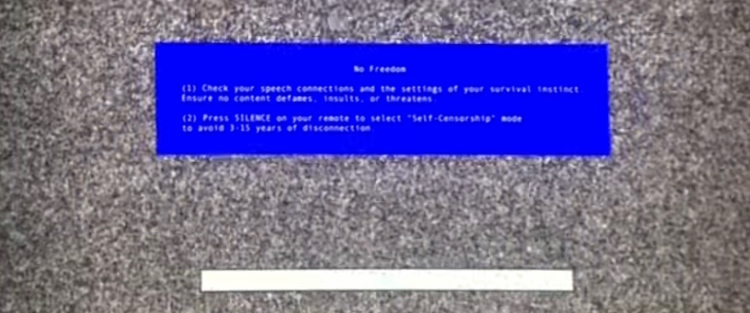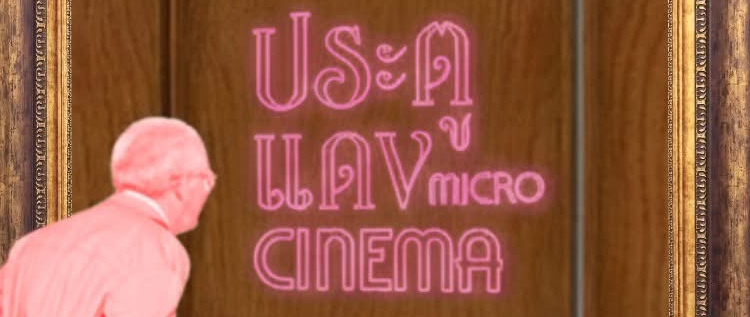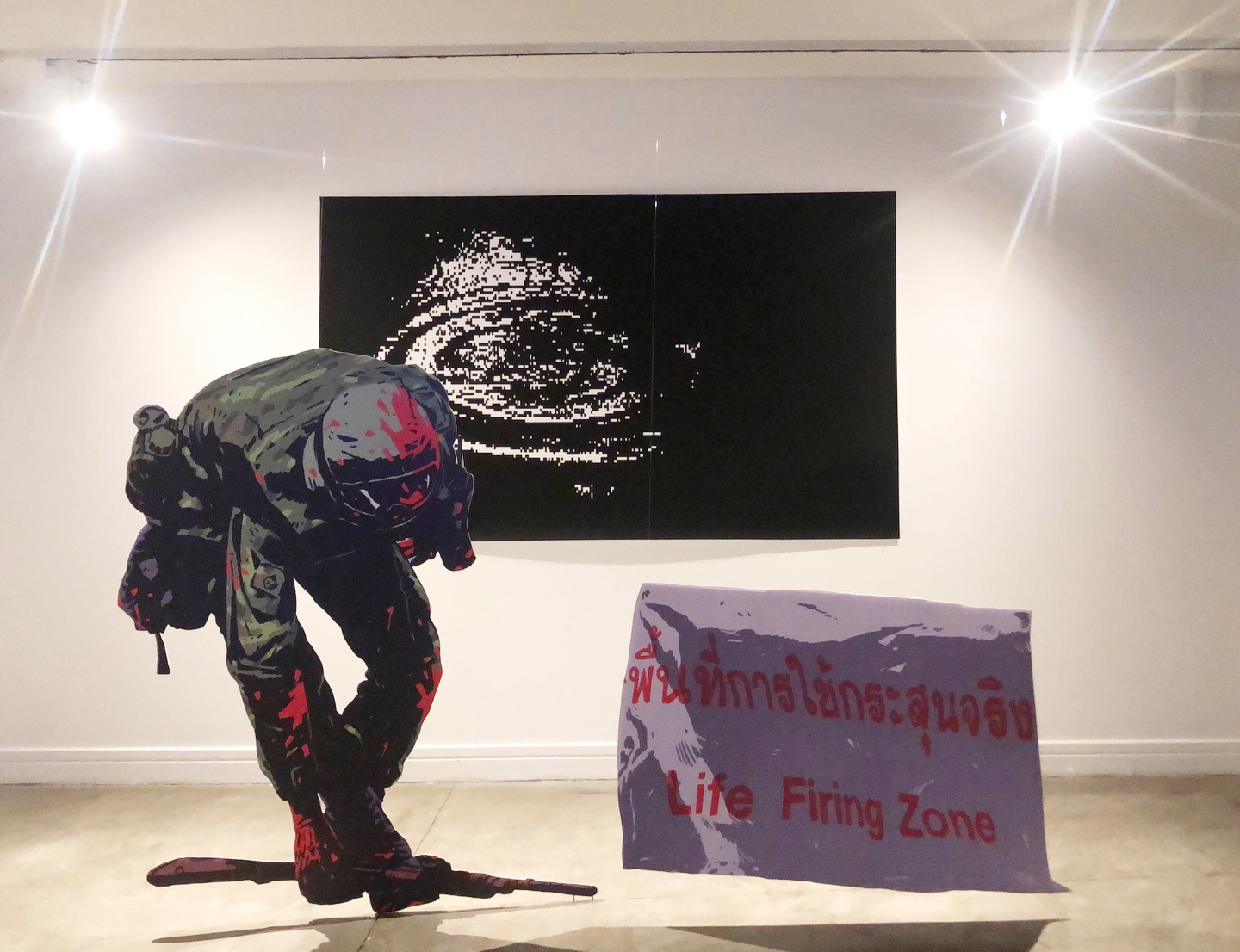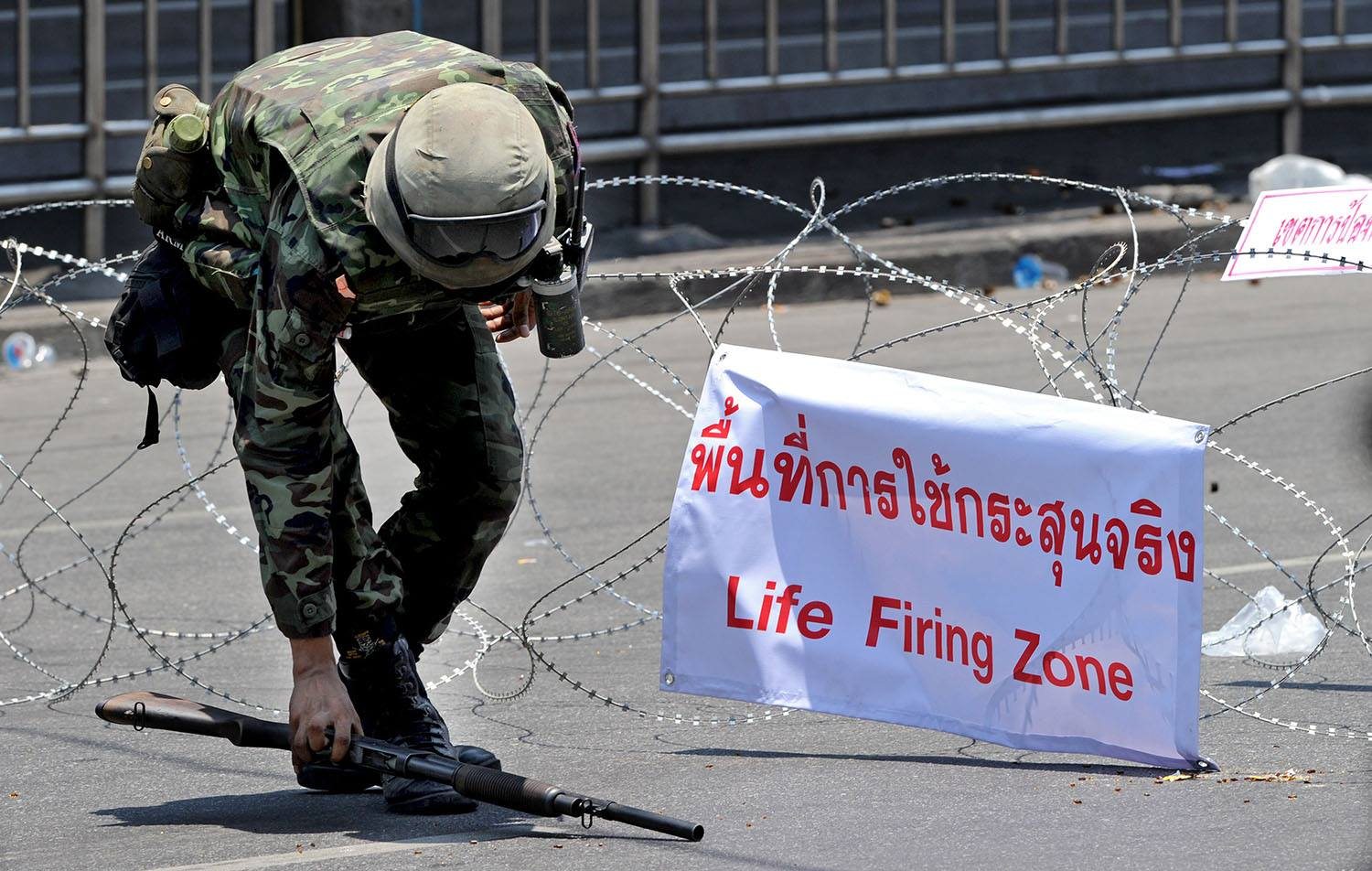President Donald Trump has filed a lawsuit against the BBC, seeking $10 billion in damages. In a submission to the US District Court in the Southern District of Florida filed yesterday, Trump’s legal team argue that “the BBC intentionally and maliciously sought to fully mislead its viewers around the world”.
Trump had previously threatened to sue the BBC for $1 billion, after it broadcast an episode of its long-running documentary series
Panorama that edited one of his speeches in a misleading way. Last month, a letter from Trump’s lawyer accused the BBC of making “false, defamatory, disparaging, and inflammatory statements” in the programme.
The
Panorama episode,
Trump: A Second Chance?, featured an extract from a speech Trump gave on the morning of 6th January 2021, the day of the attempted insurrection by Trump supporters at the US Capitol building in Washington. At an early point in the speech, Trump said: “we’re gonna walk down, and I’ll be there with you... We’re gonna walk down to the Capitol, and we’re gonna cheer on our brave senators and congressmen and women.” The speech continued for almost an hour, and in the final passages Trump’s tone became more combative: “And we fight. We fight like hell, and if you don’t fight like hell, you’re not gonna have a country anymore.”
However,
Panorama edited three soundbites from the speech together seemlessly, making Trump appear to say: “We’re gonna walk down to the Capitol, / and I’ll be there with you / And we fight. We fight like hell, and if you don’t fight like hell, you’re not gonna have a country anymore.” This went beyond the usual editing for brevity and clarity, as it changed the sequence of his words and spliced together lines that were delivered almost an hour apart. But it did not fundamentally alter the meaning of Trump’s speech, as he was impeached for inciting violence at the Capitol.
The episode was broadcast in the UK twice last year: on BBC1 on 28th October, and repeated on BBC2 on 2nd November. But it was not broadcast or streamed by any of the BBC’s American TV services. It was available via the BBC iPlayer for a year after its first broadcast, though that service is geoblocked outside the UK.
To prove to a Flordia court that he was defamed by
Panorama, Trump must first establish that the programme was viewed by Floridians. His lawsuit makes the rather weak argument that, due to the increased usage of VPN software, there is an “immense likelihood that citizens of Florida accessed the Documentary”, though there is no evidence that any VPN users in the state actually watched it. Regardless, the BBC could certainly argue that it takes all reasonable precautions to ensure that the iPlayer is not accessible outside the UK.
Trump’s lawsuit also cites the Canadian media company Blue Ant, which had a licence to distribute
Panorama internationally. But Blue Ant did not sell the episode in question to any American broadcasters, and in any case, the international version of the episode was edited to allow time for commercial breaks, and the Trump speech was one of the sections cut from this shorter version.
The lawsuit describes
Panorama’s editing of Trump’s speech as “an intentional and malicious effort to falsely and deceptively portray President Trump as having called for violent action”. The BBC has already issued a public apology, saying on 13th November that the edit “gave the mistaken impression that President Trump had made a direct call for violent action”. The key distinction here is between “intentional” and “mistaken”, as US defamation law requires evidence of deliberate intent to mislead. But the
Panorama episode featured extensive interviews with Trump supporters, and was by no means the hatchet job that the lawsuit describes.
Trump is seeking $5 billion in damages for defamation, and an additional $5 billion for alleged violation of the Florida Deceptive and Unfair Trade Practices Act. (The FDUTPA is a consumer protection law, and seems to have no relevance to the
Panorama episode.) The lawsuit ends by requesting a jury trial, which may be the most significant aspect of the filing: a jury in Florida — a Republican state — would likely be dominated by Trump voters, which might therefore influence the verdict.
This is the third time that Trump has personally taken legal action against a news organisation during his second term. The first occasion was earlier this year, when
he sued The Wall Street Journal, claiming that a letter he wrote to Jeffrey Epstein didn’t exist. (Since the
WSJ lawsuit was filed, the letter has been published, and Trump continues to deny that he wrote it, even though it’s clearly signed by him.) He also
filed a lawsuit against The New York Times and the authors of Lucky Loser.
Trump has sued numerous other media figures and news organisations over the years, including
Bill Maher and
CNN. He
sued Bob Woodward for copyright infringement, though
that case was dismissed. His
lawsuit against E. Jean Carroll was
also dismissed. His unsuccessful lawsuit against Timothy L. O’Brien’s book
TrumpNation sought $5 billion in damages.
Trump has never won a libel case in court, though he has received settlements in two cases.
ABC settled after
he sued them last year.
CBS also agreed to an out-of-court settlement earlier this year after
he sued them in 2024.
Occasionally, Trump has filed defamation suits indirectly via his organisations or relatives.
His brother sued their niece, Mary Trump, in 2020, though the case was dismissed.
A suit filed against the NYT by his presidential campaign
also failed.
His wife won undisclosed damages from The Daily Telegraph in 2019, and
she was awarded $3 million in damages
from the Daily Mail in 2017.
Two of the BBC’s most senior executives, Director-General Tim Davie and head of BBC News Deborah Turness, both resigned over the fallout from
Panorama’s Trump episode, making Davie the third BBC director-general to resign over a controversial programme. Greg Dyke quit alongside BBC chairman Gavin Davies in 2004, following the suicide of David Kelly, who had been the source for
a Radio 4 report about the government allegedly ‘sexing up’ a dossier on Iraqi weapons of mass destruction. George Entwistle resigned in 2012 after
Newsnight falsely accused Alistair McAlpine of child abuse.



